The outrages perpetrated by the Hong Kong and central governments over the past two years have been so brazen and so numerous that most Hongkongers have numbed their political psyche in preparation for the next almost certain assault on the civil liberties they once took for granted.

Police have gone out of their way to beat up peaceful protesters and innocent bystanders, and the Legislative Council has been neutered of any meaningful opposition. Overnight, a Beijing-imposed national security law turned free speech and free elections into crimes against the nation, while the so-called “electoral reforms” broached last week before what is now a rubber-stamp legislature crushed any remaining aspirations for democracy Hongkongers may have harboured in their heart of hearts.
For many residents of this city, the dire sequence of events ignited by Chief Executive Carrie Lam’s egregiously ill-advised extradition bill of 2019 — which would have allowed suspected criminals in rule-of-law Hong Kong to be transferred to courtrooms and jail cells in the rule-of-party mainland — have been nothing short of traumatising.
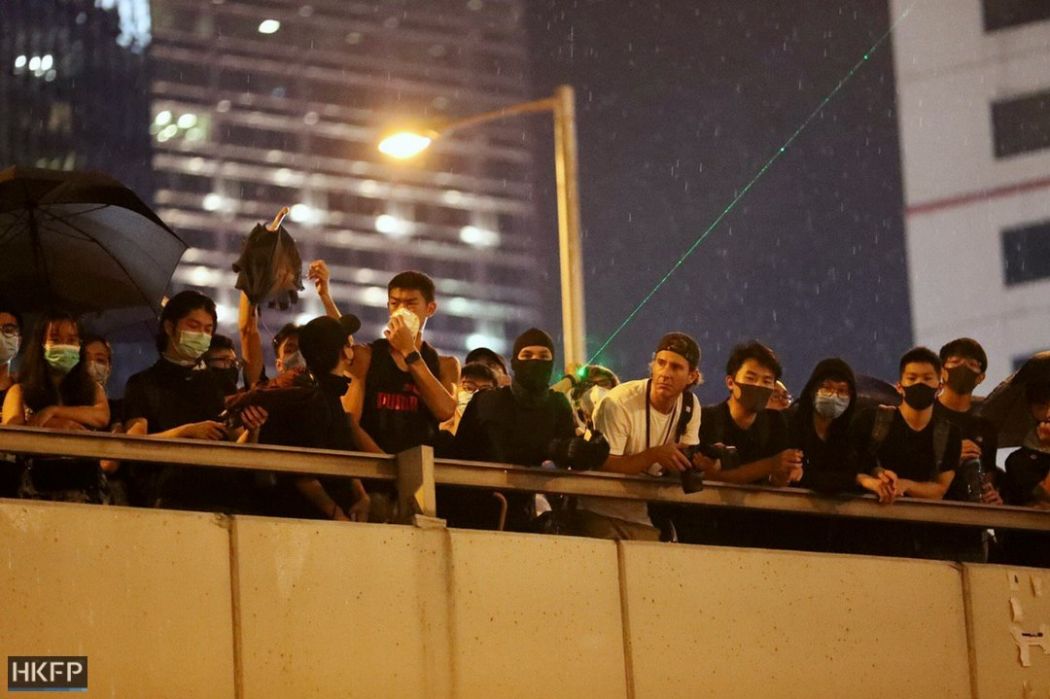
Different people had different tipping points. One of mine came just last week when I saw an 82-year-old Martin Lee – the founder of the Democratic Party who helped to draft Hong Kong’s mini-constitution, the Basic Law, and is now the city’s most senior barrister – standing in the dock of a Hong Kong courtroom awaiting sentencing for taking part in an entirely peaceful anti-government rally held on August 18, 2019.
Of course, Lee wasn’t the only pro-democracy stalwart in District Judge Amanda Woodcock’s courtroom on Friday. Nine others were also there: fellow barrister Margaret Ng, former Democratic Party chairman Albert Ho and his party colleague Yeung Sum, veteran unionist Lee Cheuk-yan and Labour Party compatriot Cyd Ho, district councillor Leung Yiu-chung, former opposition lawmakers Au Nok-hin and “Long Hair” Leung Kwok-hung and, finally, Public Enemy No. 1 these days, Apple Daily publisher Jimmy Lai.
All of those present except Yeung Sum had been found guilty of taking part in an illegal rally held at Victoria Park on August 18, 2019, which attracted some 300,000 people. Yeung was convicted of playing a leading role in a much smaller protest in Wan Chai on August 31, 2019, and Lai and Lee Cheuk-yan were found guilty of taking part in both demonstrations.
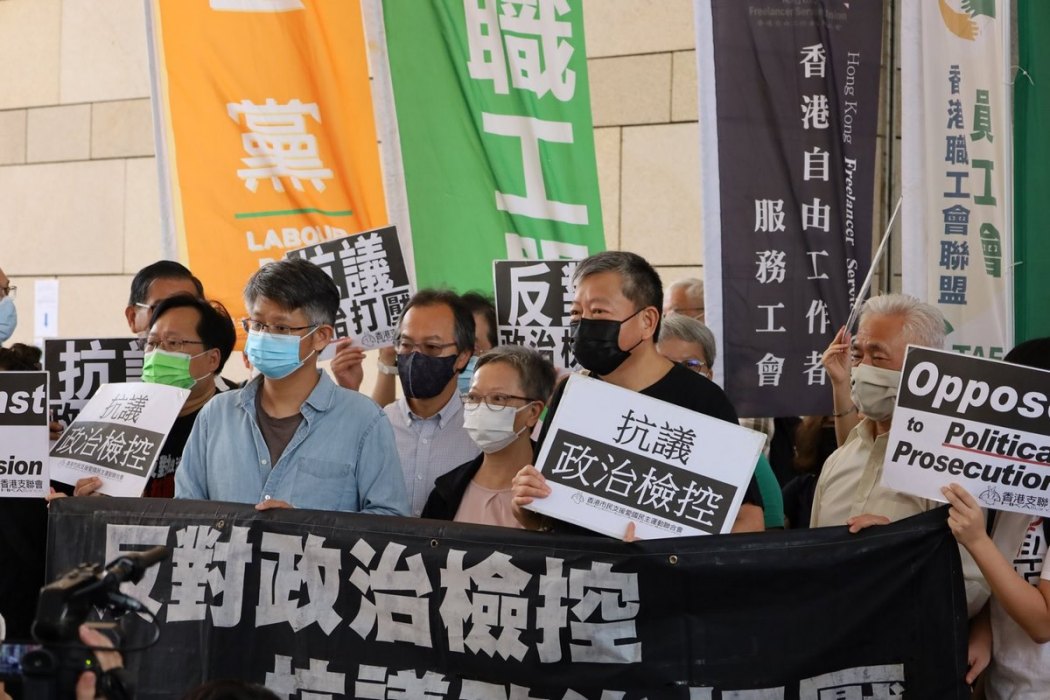
Five of the well-known opposition figures—Lai, Lee Cheuk-yan, Leung, Ho and Au—were given jail sentences of eight to 18 months—with “Long Hair” receiving the harshest penalty while Lai, who also faces charges under the national security law, was jailed for 14 months.
Martin Lee, Ho, Ng and Yeung Yiu-chung were all given suspended sentences of eight to 12 months but, while they may have been spared time behind bars, the sentencing means that they are barred from running for political office for the next five years.
‘A habit of self-mortification’
So, Friday, April 16, marks yet another sad milestone for freedom and democracy in Hong Kong and, although Martin Lee was one of those whom Woodcock let off relatively easily, for me his presence was nevertheless the most disturbing and deflating.
One reason, of course, is the octogenarian’s advanced age and brittleness, but that wasn’t the most loathsome and dispiriting aspect of him being there.
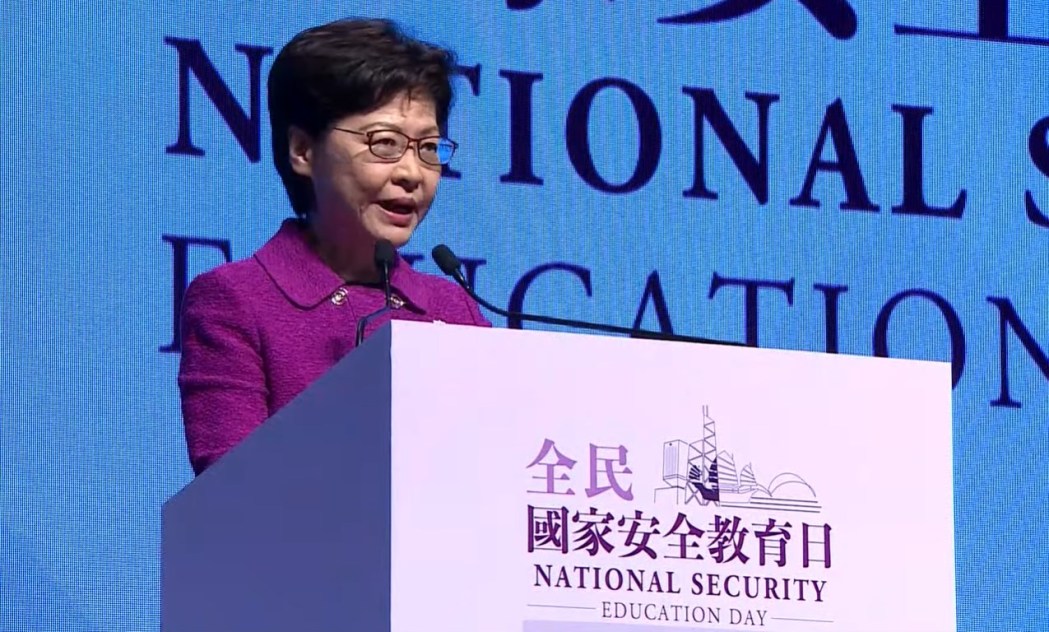
All of those in Woodcock’s dock that day have made valuable contributions to Hong Kong’s quest to retain its unique East-West identity and achieve its elusive goal of democracy; Lee, however, stands out for his special status and place in that quest.
Lee has been fighting for Hong Kong since the early 1980s, when he was part of a delegation of Hong Kong professionals who travelled to Beijing with the aim of convincing Chinese officials to agree to extend British rule over the colony for another 15 to 30 years beyond the 1997 expiration of the British lease on the New Territories and the Kowloon Peninsula north of what is now Boundary Street.
The answer was an emphatic no.
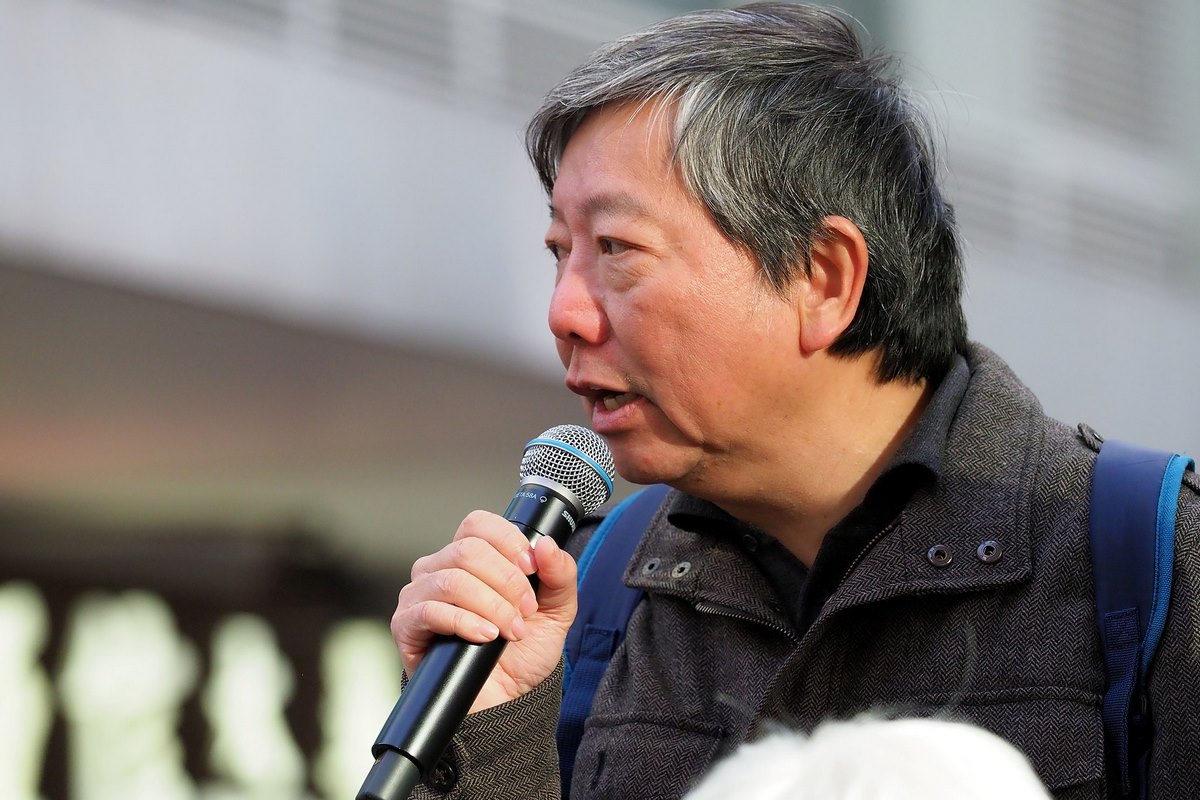
Lee was subsequently invited to be one of the 23 Hong Kong representatives on the committee that drafted the Basic Law, although he and his partner in crime on the committee, the late Szeto Wah, were later ousted after being denounced as “counter-revolutionaries” by the National People’s Congress Standing Committee.
Since then, Lee has been regarded as an enemy of the state. He was barred from entering the mainland and became a frequent target of attacks, on his politics and his character, in state media.
But that didn’t stop him from founding the Democratic Party and serving with distinction in the Legislative Council for 23 years while also earning a slew of human rights and democracy awards around the world in addition to the well-deserved moniker of “Father of Democracy” in Hong Kong.
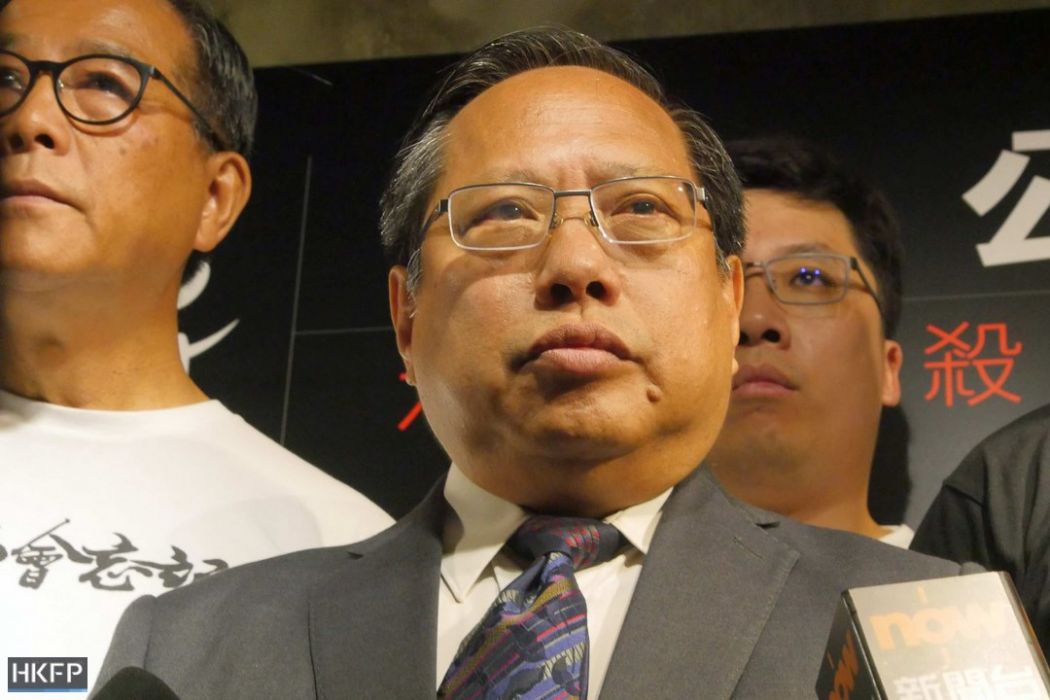
Lee is to older Hongkongers what Joshua Wong Chi-fung — who at the age of 24 has already been jailed three times in the last three years by Hong Kong’s increasingly authoritarian government — represents to the younger generation: an unflinching figure of fearless commitment to a better, freer, more democratic Hong Kong. He’s just been doing it for a much longer period of time.
That Lee and his pro-democracy peers were dragged into a Hong Kong courtroom where they received prison sentences for being part of a peaceful, 300,000-strong crowd that had legitimate grievances against an inept, unresponsive government is yet another international embarrassment for a city that is now making a habit of self-mortification.
They deserve better; we all do.
Support HKFP | Policies & Ethics | Error/typo? | Contact Us | Newsletter | Transparency & Annual Report | Apps
| HKFP is an impartial platform & does not necessarily share the views of opinion writers or advertisers. HKFP presents a diversity of views & regularly invites figures across the political spectrum to write for us. Press freedom is guaranteed under the Basic Law, security law, Bill of Rights and Chinese constitution. Opinion pieces aim to point out errors or defects in the government, law or policies, or aim to suggest ideas or alterations via legal means without an intention of hatred, discontent or hostility against the authorities or other communities. |
Help safeguard press freedom & keep HKFP free for all readers by supporting our team

More HKFP OPINION:
HKFP has an impartial stance, transparent funding, and balanced coverage guided by an Ethics Code and Corrections Policy.
Support press freedom & help us surpass 1,000 monthly Patrons: 100% independent, governed by an ethics code & not-for-profit.










